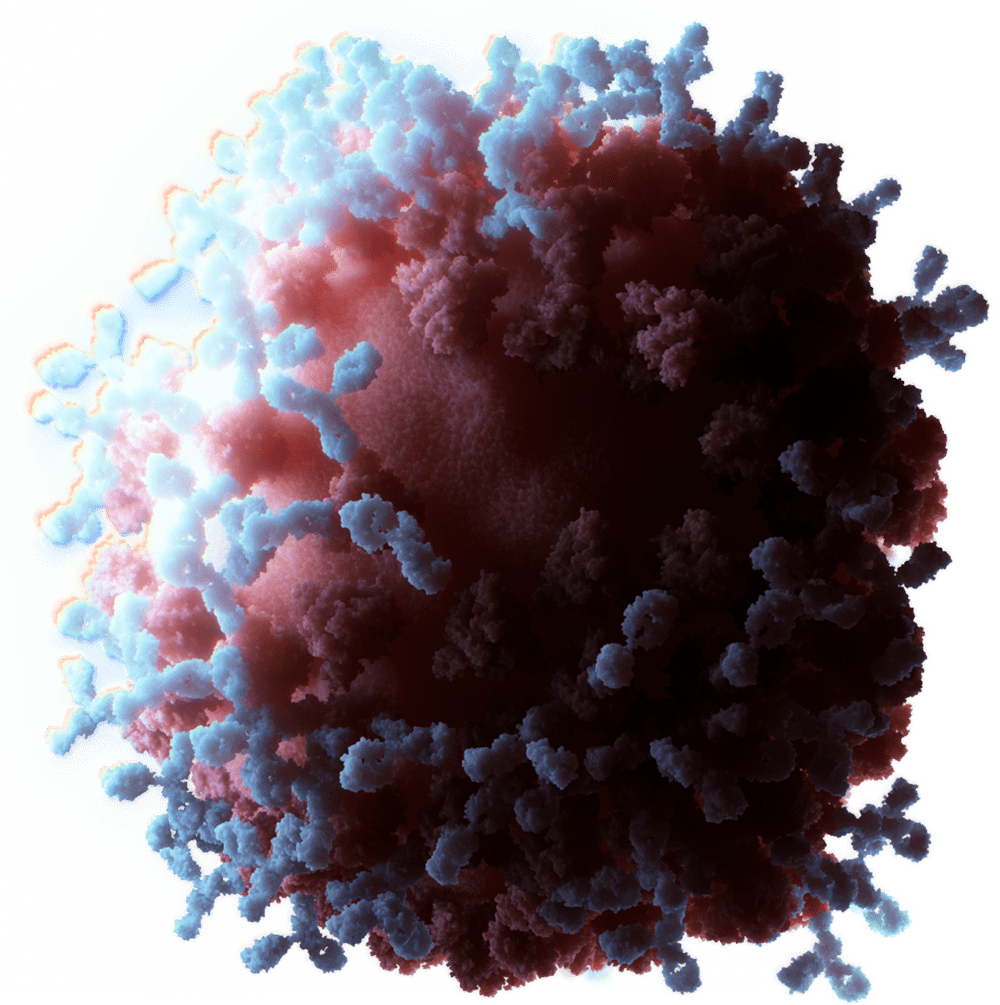 |
Earl Davie
Professor Emeritus of Biochemistry
BS 1950, University of Washington
PhD 1954, University of Washington
|
Honors
- Member, National Academy of Sciences, 1980
- Associate Editor, Biochemistry, 1980-2003
- Fellow, American Association for the Advancement of Science, 1982.
- Fellow, American Academy of Arts and Sciences, 1987
- Honorary Member, Japanese Biochemistry Society, 1986
- Foreign Member, Royal Danish Academy of Sciences and Letters, 1990
- Member, Editorial Board, Journal of Biological Chemistry,1968-73 and 1975-80
- International Prize, French Association for Hemophiliacs, 1983
- Waterford Bio-Medical Research Prize, 1985
- Robert P Grant Medal, International Society of Thrombosis and Haemostasis, 1989
- Henry M. Stratton Medal, American Society of Hematology, 1993
- Earl W. Davie/ZymoGenetics Endowed Chair in Biochemistry, University of Washington, established by Novo Nordisk, 1993
- Distinguished Achievement Award in Cardiovascular/Metabolic Research, Bristol-Myers Squibb, 1999
- Distinguished Achievement Award,1995 and Special Recognition Award , 2002, American Heart Association
- Honorary M.D., Lund University, Lund, Sweden,1995
- Honorary Professor of Biochemistry, Hunan Normal University, Changsha, China, 2004
- Inventor of the Year Award, University of Washington, 2005
- Chair, Dept. of Biochemistry, University of Washington, 1975-1984
- The Annual Earl W. Davie Symposium, University of British Columbia Center for Blood Research, established In 2007
- J. Richard Czajkowski Service Award, Puget Sound Blood Center, 2007
- Commencement Speaker, University of Washington, 2011
Research
The research program of Dr. Earl Davie and his group deals primarily with proteins involved in blood coagulation and fibrinolysis. In this research, the structure and function of a number of proteins are studied and their role in the formation of fibrin examined. X-ray diffraction studies are carried out on a recombinant fragment of the gamma chain of human fibrinogen and detailed molecular interactions at the initial stages of fibrin polymerization are examined. Two novel proline-rich gamma-carboxyglutamic acid-containing proteins have been identified by homologous cloning techniques. These proteins are apparently transmembrane proteins with intracellular domains that may participate in signal transduction. Studies to identify ligands for these proteins are in progress. Proteins that bind to regulatory elements in the genes for several coagulation proteins, including fibrinogen, factor VII, factor X and protein C have been identified and cloned. Their role in the regulation of the circulating levels of these proteins in blood will be studied. The physiological role of a protease activated receptor (PAR4) and a novel actin binding protein homologue that binds to platelet GPIßalpha are also being studied.
Publications:
